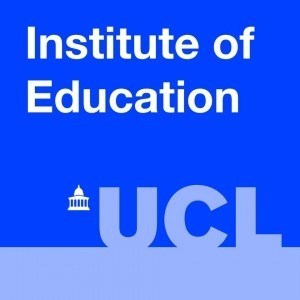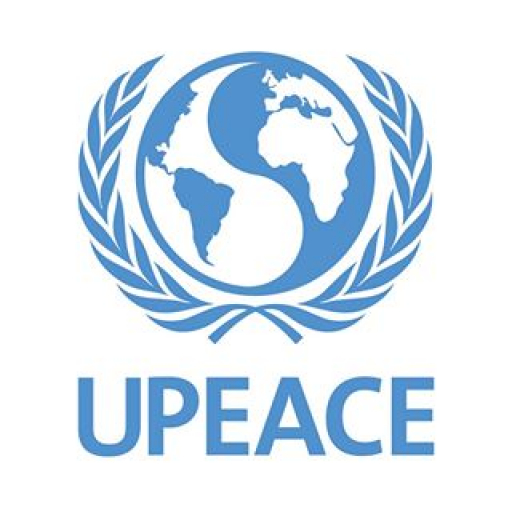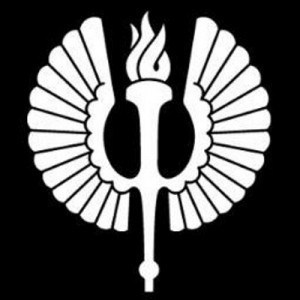Photos of university / #utrechtuniversity
Gender Studies (Research) at Utrecht University offers an in-depth interdisciplinary exploration of gender as a fundamental aspect of society, culture, and identity. This master's programme is designed for students who wish to critically analyze issues related to gender, sexuality, and power through a variety of academic perspectives, including sociology, psychology, history, literature, and anthropology. The programme emphasizes rigorous research training, encouraging students to develop their own scholarly projects that contribute to contemporary debates on gender equality, diversity, and social justice. Throughout the programme, students engage with theoretical frameworks such as feminist theory, queer theory, and poststructuralism, applying these concepts to real-world issues and empirical research. The curriculum includes core courses on gender theory, research methods, and ethics, complemented by specialized electives that allow students to tailor their studies to their specific interests, whether that be gender and media, gender and globalization, LGBTQ+ studies, or feminist discourses. The research-focused nature of this programme prepares graduates for careers in academia, policy analysis, advocacy, and consultancy, where a nuanced understanding of gender dynamics is crucial. Utrecht University's vibrant academic community, combined with its excellent facilities and strong international orientation, provides an ideal environment for aspiring researchers dedicated to advancing knowledge and fostering social change. The programme also offers opportunities for internships and collaborative projects with NGOs, government agencies, and research institutes, enhancing practical skills and professional networks. Graduates will be equipped not only with advanced research competencies but also with critical insights into the societal role of gender, enabling them to influence policy, education, and cultural development. Whether pursuing an academic career or engaging in advocacy and policy-making, students will benefit from Utrecht University's rich intellectual environment, experienced faculty, and global outlook, making this programme a comprehensive training ground for future leaders in gender studies research.
Programme Overview
The Gender Studies (Research) master's programme at Utrecht University offers an in-depth exploration of gender issues from multiple academic perspectives. This programme is designed for students who are interested in critically examining how gender intersects with other social categories such as race, class, ethnicity, sexuality, and nationality. It aims to develop students' analytical skills, research competencies, and understanding of contemporary gender debates within various societal contexts.
Throughout the programme, students engage with theoretical frameworks and methodological approaches rooted in gender studies, sociology, anthropology, cultural studies, and related disciplines. The curriculum provides a comprehensive grounding in key concepts such as gender identity, gender inequality, feminism, masculinity, and transgender studies, while also emphasizing the importance of qualitative and quantitative research methods. Students have opportunities to specialize in areas like gender and media, gender and politics, gender and education, or gender and health, tailoring their academic journey to their interests and career aspirations.
One of the core elements of the programme is its focus on research. Students undertake independent research projects, contributing to ongoing academic debates and producing valuable insights into gender-related issues. The research component includes coursework on research design, data collection, and analysis, preparing students for doctoral studies or careers in policy, advocacy, or academia.
The programme also emphasizes the importance of interdisciplinary and international perspectives, encouraging students to examine gender issues in diverse cultural and societal contexts. Through seminars, workshops, and collaboration with international scholars and institutions, students gain global insights and build a network of professional contacts.
Graduates of the Gender Studies (Research) master's programme are equipped to pursue careers in academia, public policy, non-governmental organizations, media, and other sectors where understanding gender dynamics is crucial. They possess the critical thinking and research skills necessary to analyze contemporary social issues and contribute to positive societal change.
Overall, the Utrecht University Gender Studies (Research) master's programme offers a rigorous and comprehensive education for students passionate about understanding and advocating for gender equality and social justice worldwide.
Other requirements
The Master’s programme in Gender Studies (Research) at Utrecht University offers various financing options for prospective students. Tuition fees for international students vary depending on the student’s nationality and residency status. For EU/EEA students, the tuition fee is typically lower, aligning with the statutory fee set by the Dutch government, which is approximately €2,300 per year. Non-EU/EEA students are required to pay a higher institutional fee, which is approximately €16,000 to €20,000 per year. These fees are subject to change annually and students should verify the exact amounts on the official Utrecht University website.
In addition to tuition fees, students need to consider living expenses in Utrecht, which include accommodation, food, insurance, transportation, and personal costs. The estimated living costs for international students are around €12,000 to €15,000 per year, depending on lifestyle and accommodation choices. Utrecht University recommends students budget adequately for these expenses to ensure a comfortable stay during their studies.
There are several financial aid options available for students enrolled in the Gender Studies (Research) programme. Dutch and EEA students may qualify for government grants or student loans, such as the Dutch Studiefinanciering, which provide financial support during their studies. International students from outside the EEA may consider applying for scholarships or grants offered by Utrecht University, the Dutch government, or international organizations. Utrecht University offers a variety of scholarships aimed at outstanding students, such as the Utrecht Excellence Scholarships, which provide partial or full tuition fee waivers based on academic merit. Additionally, external funding sources may be accessible depending on the student’s country of origin or specific circumstances.
Students are encouraged to explore alternative financing options including part-time work, private scholarships, and sponsorships from their home countries. The Netherlands offers a flexible labour market, allowing international students to work up to 16 hours per week during the academic year, which can help offset living costs. Many students supplement their budgets through internships, assistantships, or research positions associated with their programme.
It is recommended that prospective students contact the Utrecht University financial aid office or consult the university’s official website for detailed and updated information on available scholarships, grants, bursaries, and other funding opportunities. Applying early and carefully preparing necessary documentation can improve chances of securing financial support. The university’s financial services provide guidance on the application process, eligibility criteria, and deadlines for various funding options. Students should also explore external scholarship programs, governmental aid in their home countries, and international foundations that support studies in gender and social sciences. Overall, funding for the Gender Studies (Research) programme at Utrecht University is accessible through a combination of university scholarships, government aid, external grants, and personal resources, enabling students to pursue their academic and research interests in gender studies effectively.
The Master’s programme in Gender Studies (Research) at Utrecht University offers an advanced and comprehensive exploration of gender as a central aspect of social, cultural, political, and individual identities. The programme aims to provide students with a profound understanding of gender theories, feminist methodologies, and interdisciplinary approaches to studying gender issues across different contexts and periods. Students are encouraged to critically analyze how gender influences and is influenced by social inequalities, power relations, and cultural practices. The curriculum includes core courses that cover fundamental concepts in gender theory, research methods tailored for gender studies, and thematic specializations such as gender and migration, LGBTQ+ studies, gender and development, and gender and media. The programme emphasizes research skills, equipping students with qualitative and quantitative research techniques necessary for conducting independent scholarly inquiries. Additionally, students undertake a research thesis, which allows them to apply their theoretical knowledge to empirical research, often involving interviews, surveys, or textual analysis. The programme fosters an interdisciplinary perspective, integrating insights from sociology, anthropology, cultural studies, history, and political science. Utrecht University’s strong academic community and resources, including access to specialized libraries and research centers, support students’ academic growth and professional development. Graduates of this research-oriented master’s programme are prepared for careers in academia, policy analysis, NGOs, international organizations, or further doctoral research. The programme attracts students from around the world, contributing to a diverse and dynamic learning environment. Overall, the Gender Studies (Research) programme at Utrecht University aims to cultivate critical, reflective, and innovative scholars capable of addressing complex gender issues on a local and global scale.







